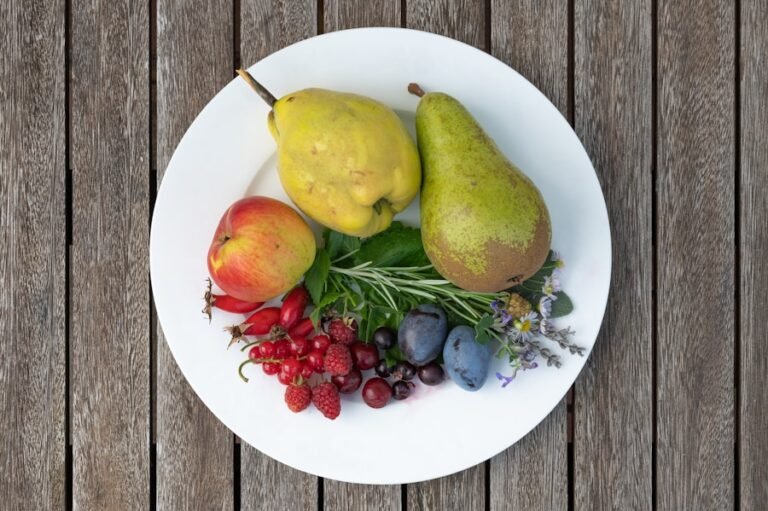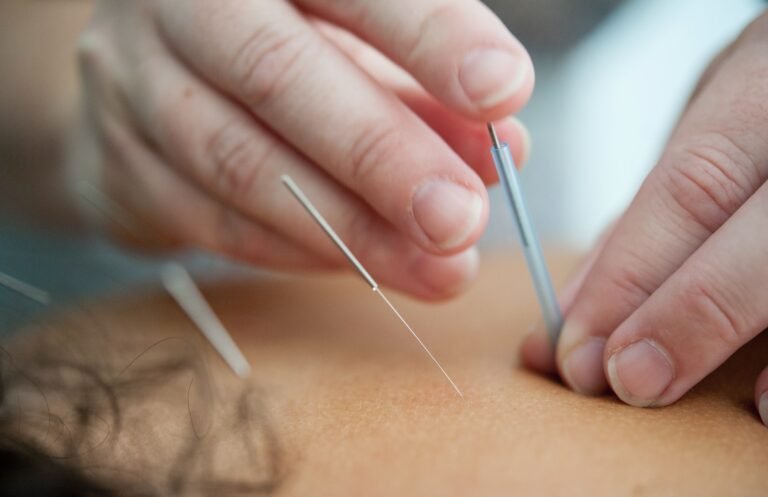Home Sweet Home: Effective Remedies for High Blood Pressure
High blood pressure, also known as hypertension, is a common condition in which the force of the blood against the walls of the arteries is consistently too high. This can lead to serious health complications such as heart disease, stroke, and kidney failure if left untreated. High blood pressure is often referred to as the “silent killer” because it typically has no symptoms, so many people may not even be aware that they have it. It is important to regularly monitor your blood pressure and take steps to manage it if it is consistently high.
There are two main types of high blood pressure: primary (essential) hypertension and secondary hypertension. Primary hypertension is the most common type and develops over time with no identifiable cause. Secondary hypertension, on the other hand, is caused by an underlying condition such as kidney disease, hormonal disorders, or certain medications. Regardless of the type, high blood pressure can be managed through lifestyle changes, dietary modifications, stress management techniques, and natural remedies.
Lifestyle Changes for Managing High Blood Pressure
One of the most effective ways to manage high blood pressure is through lifestyle changes. Regular physical activity is essential for maintaining a healthy blood pressure. Aim for at least 30 minutes of moderate-intensity exercise most days of the week. This can include activities such as brisk walking, swimming, or cycling. Additionally, maintaining a healthy weight is important for managing high blood pressure. If you are overweight, losing even a small amount of weight can make a significant difference in lowering your blood pressure.
Another important lifestyle change for managing high blood pressure is reducing your alcohol consumption. Excessive alcohol intake can raise blood pressure and also reduce the effectiveness of blood pressure medications. Limiting alcohol to no more than one drink per day for women and two drinks per day for men is recommended. Finally, quitting smoking is crucial for managing high blood pressure. The chemicals in tobacco can damage the lining of the artery walls, leading to narrowing of the arteries and higher blood pressure. Making these lifestyle changes can have a significant impact on lowering and managing high blood pressure.
Dietary Modifications for Lowering High Blood Pressure
In addition to lifestyle changes, making dietary modifications can also help lower high blood pressure. One of the most important dietary changes for managing high blood pressure is reducing sodium intake. Consuming too much sodium can cause the body to retain fluid, which increases blood pressure. Aim to consume no more than 2,300 milligrams of sodium per day, and ideally closer to 1,500 milligrams for those with high blood pressure.
Another important dietary modification for managing high blood pressure is increasing potassium intake. Potassium helps to balance out the negative effects of sodium and relaxes the walls of the blood vessels, which helps lower blood pressure. Foods rich in potassium include bananas, oranges, spinach, and sweet potatoes. Additionally, incorporating more whole grains, fruits, vegetables, and lean proteins into your diet can help lower high blood pressure. These foods are rich in nutrients that support overall heart health and can help lower blood pressure over time.
Stress Management Techniques for High Blood Pressure
Stress can have a significant impact on blood pressure, so learning effective stress management techniques is important for managing high blood pressure. One of the most effective stress management techniques for lowering high blood pressure is regular relaxation and deep breathing exercises. Deep breathing can help calm the nervous system and lower blood pressure. Try taking a few minutes each day to practice deep breathing exercises, focusing on taking slow, deep breaths in and out.
Another effective stress management technique for managing high blood pressure is regular physical activity. Exercise not only helps lower blood pressure directly but also helps to reduce stress and anxiety. Engaging in activities such as yoga, tai chi, or meditation can also be beneficial for managing stress and lowering high blood pressure. Additionally, finding healthy ways to cope with stress such as spending time with loved ones, engaging in hobbies, or seeking professional counseling can also help lower stress levels and manage high blood pressure.
Natural Remedies for High Blood Pressure
In addition to lifestyle changes and stress management techniques, there are several natural remedies that can help lower high blood pressure. One of the most well-known natural remedies for managing high blood pressure is garlic. Garlic contains allicin, a compound that has been shown to lower blood pressure by relaxing the blood vessels. Incorporating garlic into your diet or taking a garlic supplement may help lower high blood pressure over time.
Another natural remedy for managing high blood pressure is hibiscus tea. Several studies have shown that drinking hibiscus tea can significantly lower both systolic and diastolic blood pressure. Hibiscus tea is rich in antioxidants and has been used in traditional medicine for centuries as a natural remedy for various health conditions. Additionally, consuming foods rich in omega-3 fatty acids such as fatty fish or taking fish oil supplements may also help lower high blood pressure.
Homeopathic and Herbal Solutions for High Blood Pressure
In addition to natural remedies, there are several homeopathic and herbal solutions that may help lower high blood pressure. One popular homeopathic remedy for managing high blood pressure is Rauwolfia serpentina, also known as Indian snakeroot. This herb has been used in traditional medicine for centuries to lower blood pressure and has been shown to be effective in some studies. However, it is important to consult with a qualified homeopathic practitioner before using any homeopathic remedies.
Another herbal solution for managing high blood pressure is hawthorn extract. Hawthorn has been used in traditional medicine to support heart health and has been shown to have mild hypotensive effects. It is available in supplement form and may help lower high blood pressure when used as part of a comprehensive treatment plan. Additionally, other herbs such as ginger, turmeric, and basil may also have beneficial effects on lowering high blood pressure when used in conjunction with other lifestyle modifications.
Seeking Professional Help for High Blood Pressure
While lifestyle changes, dietary modifications, stress management techniques, and natural remedies can be effective in managing high blood pressure for many people, it is important to seek professional help if you have consistently high blood pressure. A healthcare provider can help determine the best course of action for managing your high blood pressure based on your individual health history and risk factors.
In some cases, medication may be necessary to effectively manage high blood pressure. There are several classes of medications that are commonly used to lower high blood pressure, including diuretics, beta-blockers, ACE inhibitors, angiotensin II receptor blockers, and calcium channel blockers. Your healthcare provider can help determine which medication or combination of medications is best for you based on your specific health needs.
In addition to medication, your healthcare provider may recommend other treatments or interventions to help manage your high blood pressure. These may include regular monitoring of your blood pressure, lifestyle counseling, and referrals to other healthcare professionals such as dietitians or mental health counselors. Seeking professional help for managing high blood pressure is an important step in preventing serious health complications and maintaining overall heart health.
In conclusion, high blood pressure is a common condition that can have serious health consequences if left untreated. Understanding the causes and risk factors for high blood pressure is essential for effectively managing it through lifestyle changes, dietary modifications, stress management techniques, natural remedies, homeopathic and herbal solutions, and seeking professional help when necessary. By taking proactive steps to manage high blood pressure, you can reduce your risk of heart disease, stroke, and other complications associated with this condition and maintain overall heart health for years to come.







